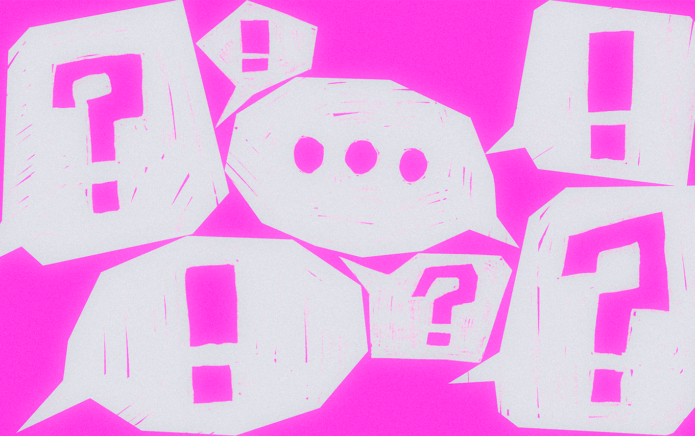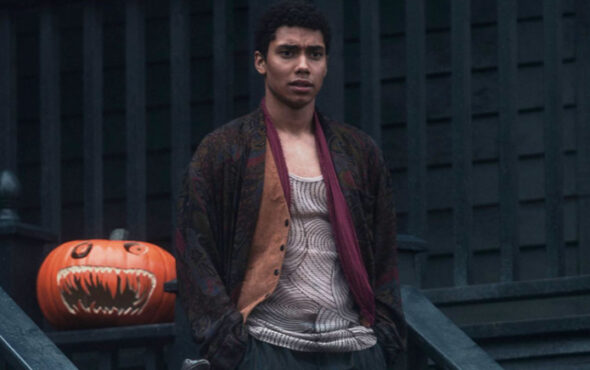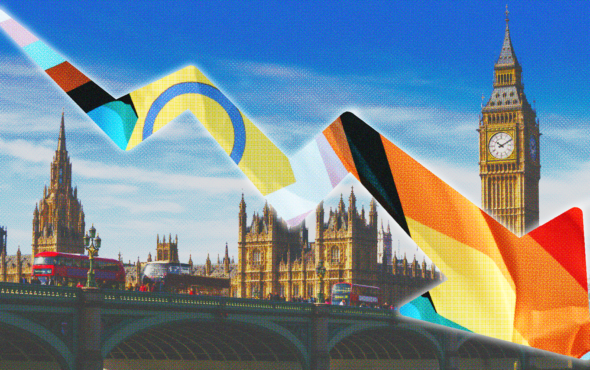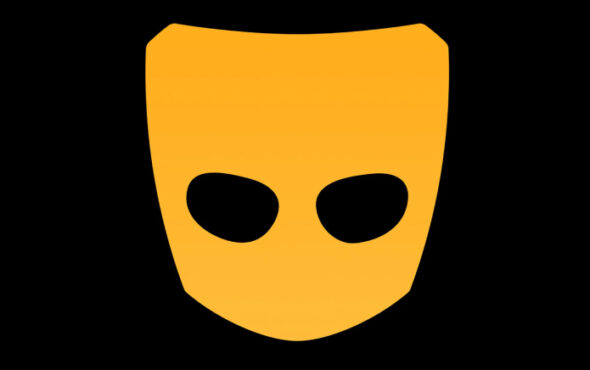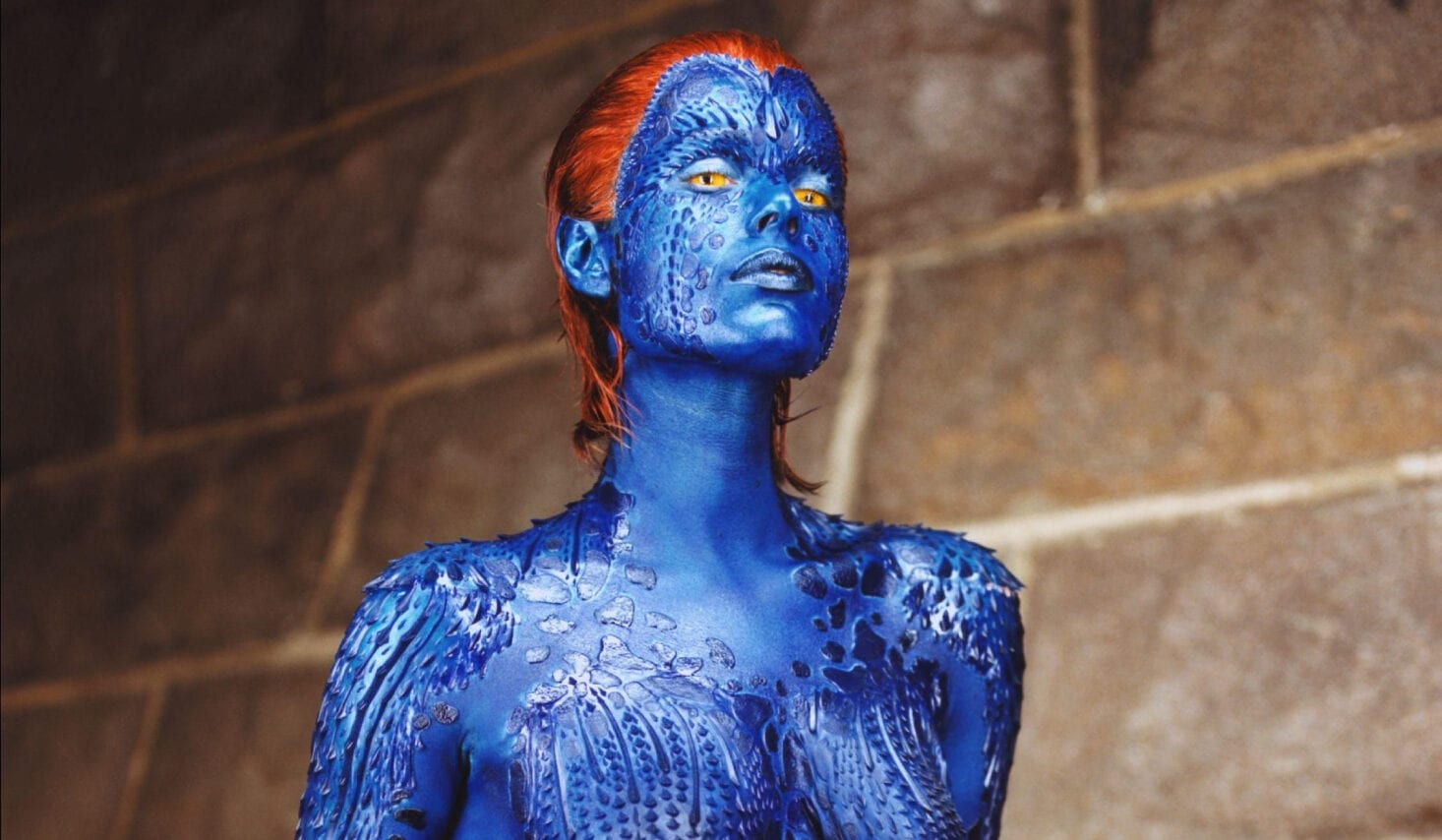
When I was growing up there was nothing I wanted more than to be whisked off to Xavier’s School for Gifted Youngsters in pursuit of a career as an X-Man. (Well, it was that or Hogwarts.) For me, the X-Men were the ultimate role models; they were powerful, they fought for good and some of them even had blue skin and scales! It’s only now that I’m older that I realise how influential these heroes were in helping me to come to terms with my sexuality.
My early teen years consisted of relentlessly rewatching the X-Men movies and when that wasn’t enough, I turned to bleaching two white stripes in the front of my hair in an effort to look like the character Rogue. More than just a source of inspiration for questionable hairstyles, the films provided me with the role models I needed as a young LGBTQ+ person.
For me, growing up gay always felt like a constant tug of war. I was torn between feeling a certain way and everyone around me telling me I should feel and act in another. The X-Men taught me how to have pride in who I truly am and how to live as my authentic self. It’s pretty much universally agreed that the X-Men films and comics can be seen as a metaphor for the queer experience.
The X-Men represent a group of people that are outcasted from society. These powerfully gifted beings are hated and feared by the rest of the world and face a stigma that many LGBTQ+ people can relate to. In the second X-Men film, the character Iceman has to ‘come out’ to his family as a ‘mutant’. His mother responds ‘have you tried not being a mutant?’ Simply replace the word ‘mutant’ with gay or LGBTQ+ and you’ll see a stark similarity to what so many LGBTQ+ young people go through when coming out.
Though I thought the X-Men’s powers were cool, I was more in awe of how these heroes responded to being treated with prejudice. They were so influential for me growing up because they showed me that it’s ok to be different to what society deems ‘normal’. So when I was ridiculed or teased for being gay, I was able to remember how there’s a strength in staying true to who you are.
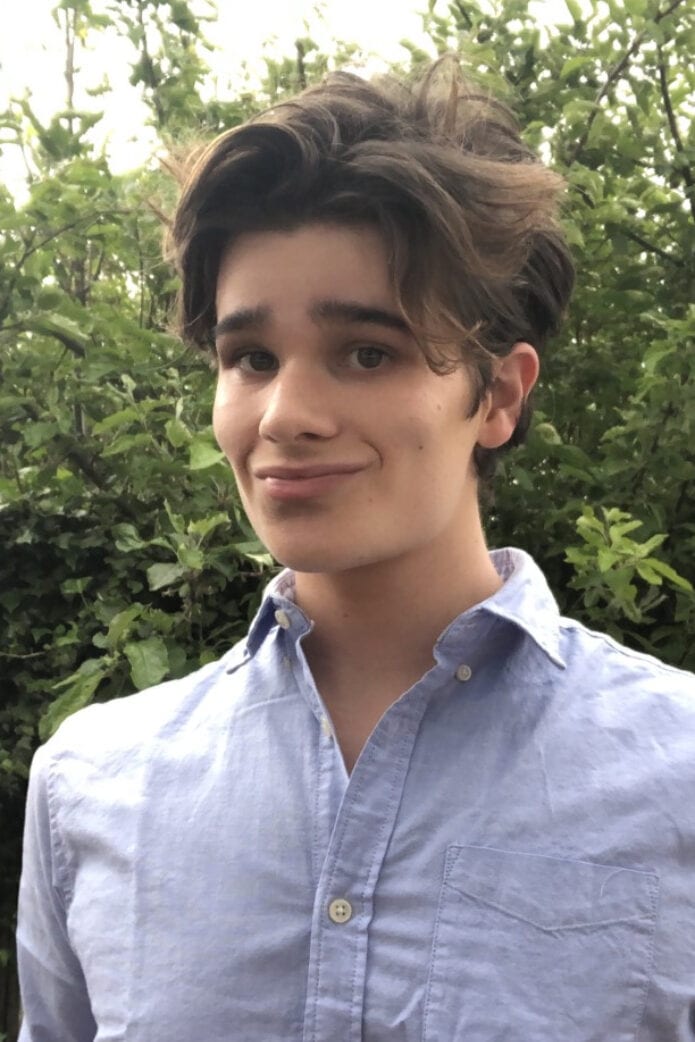
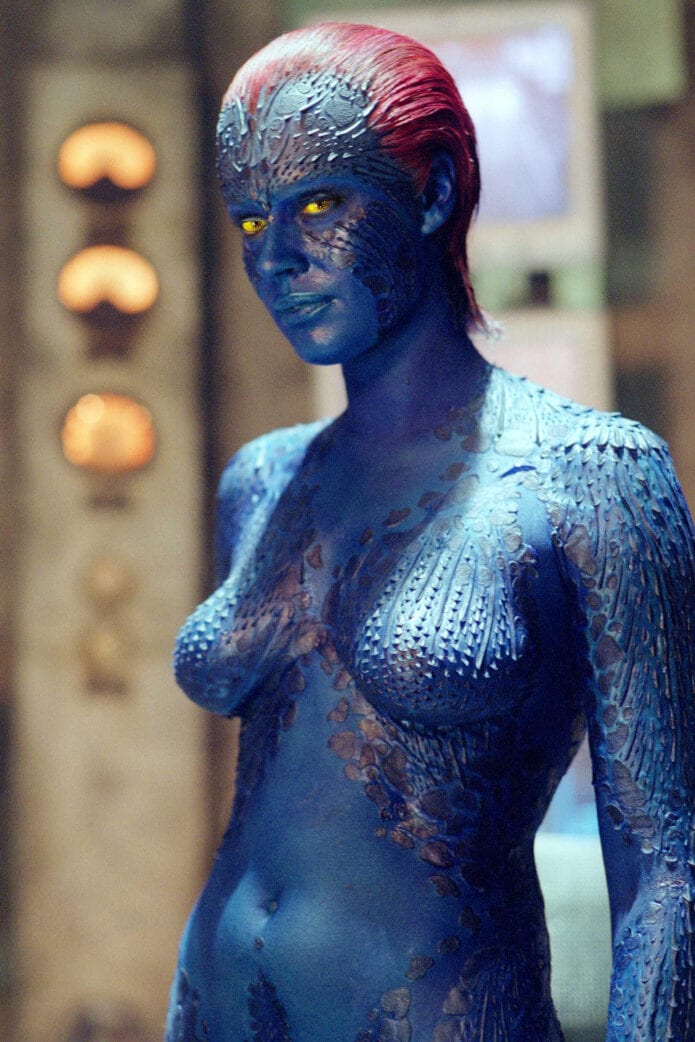
In the X-Men movies, Nightcrawler (Alan Cumming) asks the blue shapeshifter Mystique (Rebecca Romijn) why she doesn’t use her powers to stay in disguise all of the time in order to look like everyone else. Mystique simply replies ‘because we shouldn’t have to’. This is one of the many important messages that the X-Men taught me: no matter how society treats us, we should never feel wrong for being different.
Today LGBTQ+ representation is certainly more common. Excitingly, Marvel’s new TV show WandaVision introduces the young brothers Billy and Tommy who could grow up to be Marvel’s first LGBTQ+ superheroes on screen! In the comics, the characters are known as Wiccan and Speed. It is revealed that the brothers are gay and bisexual with Wiccan even growing up to marry his alien boyfriend.
Considering how much the X-Men helped me growing up, it makes me so excited to think that young people could grow up with openly LGBTQ+ superheroes like this as role models. Though we don’t have superpowers and we’re not all wearing matching outfits, I like to think that volunteering as an ambassador with Just Like Us is a bit like being an X-Man. As a volunteer with the charity, I speak in schools – among other things – to help make education more inclusive and show LGBTQ+ young people that they are not alone.
Just as Mystique says, no matter how society can make us feel, we should never have to hide who we truly are. We are all beautifully unique.
For more information about Just Like Us and their incredible work supporting LGBTQ+ youth, visit their website.
